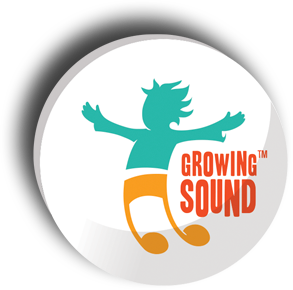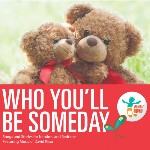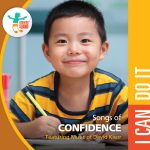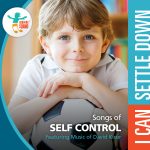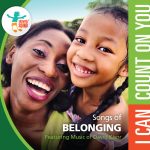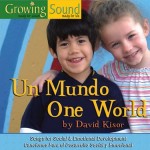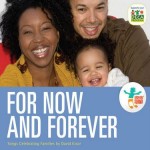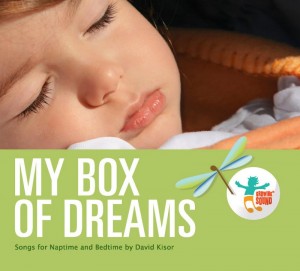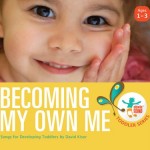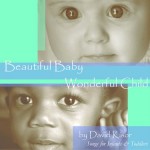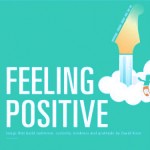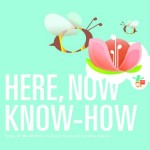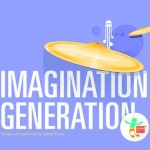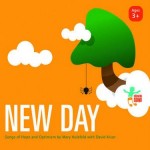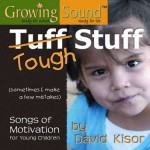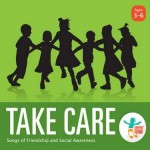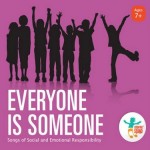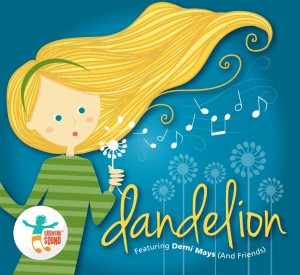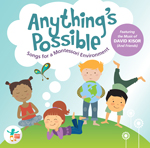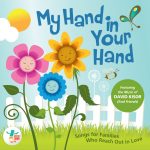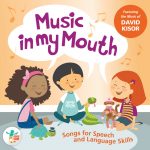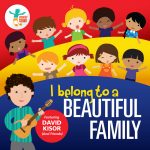
The Connection Between Music and Language
Language and music share a fundamental connection at the cognitive level. Both require higher brain function and rely on cognitive skills such as attention, memory, and categorization. Grammar and music also follow structured patterns and use specific orders to convey meaning and beauty.
Furthermore, music and speech have similar pitch characteristics. Musical sequences follow specific intervals, and speech uses frequencies to convey intonation. This contour of speech, even detectable by infants, adds depth and meaning to our communication.
A study conducted in 2013 found that the processing used in decoding speech is also employed when it comes to music. The researchers asked trained professionals in music theory to determine the key in a sample music score. The processing timescales in the samples closely matched speech processing, revealing the shared mechanisms between the two domains.
The Therapeutic Benefits of Music
Beyond its connection to language, music offers numerous therapeutic benefits. Auditory stimulation through music has been shown to improve listening skills, even in individuals with hearing impairments. It can also enhance the brain’s information processing abilities, leading to improvements in areas such as behavior, coordination, and sensory integration.
A study conducted in 2011 explored the impact of music on social skills, an essential aspect of communication. The results showed that half of the participants exhibited signs of improved communication, problem-solving, group work, and interaction with others. This suggests that music can have a profound impact on various aspects of communication beyond language itself.
Notably, the type of music used for therapy plays a crucial role in its effectiveness. A study comparing brain function between musicians and non-musicians found that classical music significantly increased brain function compared to rock music. This highlights the importance of selecting appropriate music for therapeutic interventions.
Music in Speech-Language Therapy
Given the close relationship between music and speech, it is not surprising that music can be a valuable tool in speech-language therapy. Let’s explore some of the ways music can be incorporated into therapy sessions to support language development, improve speech production, and enhance overall communication skills.
Auditory Stimulation
One of the simplest ways to incorporate music into speech therapy is through auditory stimulation. By exposing clients to music, their brain’s ability to process information expands, leading to improvements in behavior, sensory integration, coordination, and speaking skills. Auditory stimulation can be delivered through various means, including traditional music therapy sessions or even virtual speech therapy sessions.
Melodic Intonation Therapy for Adults
Melodic Intonation Therapy (MIT) has shown promise in helping adults with speech problems resulting from stroke or brain damage. This therapy leverages the intact hemisphere of the brain to facilitate the recovery of speech skills lost due to damage in another part of the brain. For example, if a patient loses the ability to speak due to damage to the left side of the brain, MIT can be used to find alternative ways of communication.
MIT combines words and phrases with melodies to closely resemble singing. This approach takes advantage of a person’s ability to sing and helps improve their ability to speak. By engaging the brain’s musical processing abilities, MIT supports the reestablishment of communication skills.
Music in Children’s Speech Therapy
Music can also be a valuable tool in speech therapy for children. Incorporating music into treatment sessions can aid in language development, improve speech production, and enhance overall communication skills. A study conducted in 2011 demonstrated that children showed significant improvements in their social skills, problem-solving abilities, and interactions with peers when music was integrated into their speech-language therapy.
The use of music provides a multisensory experience for children, engaging them in a more holistic and enjoyable way. It can help capture their attention, enhance their memory retention, and provide a rhythmic structure for practicing speech sounds and patterns.
Research Supporting the Benefits of Music in Speech and Language Development
Numerous studies have provided compelling evidence for the positive impact of music on speech and language development. One such study, conducted by researchers at MIT, focused on the effects of piano lessons on kindergartners’ ability to distinguish different pitches and their subsequent improvement in discriminating between spoken words.
The study involved a group of children who received 45-minute piano lessons three times a week, another group that received additional reading instruction, and a control group that received no intervention. After six months, the children’s ability to discriminate words based on differences in vowels, consonants, and tone was tested.
The results showed that children who had piano lessons demonstrated a significant advantage in discriminating words that differ by one consonant compared to the group that received additional reading instruction. Both the piano group and the extra reading group outperformed the control group in discriminating words based on vowel differences.
Electroencephalography (EEG) was used to measure brain activity, revealing that children in the piano group had stronger responses when listening to tones of different pitches. This suggests that a greater sensitivity to pitch differences, developed through piano lessons, contributed to the children’s ability to distinguish different words.
While the study did not find any significant differences in overall cognitive function, such as IQ, attention, and working memory, it demonstrated the specific benefits of piano lessons for improving language skills, particularly word discrimination.
The Educational Payoff: Why Schools Should Embrace Music Education
The findings of the MIT study and other research on the benefits of music in speech and language development have significant implications for education. Music education has often been at risk of being marginalized in schools, with budget constraints leading some institutions to cut back on music programs. However, the evidence suggests that music education, particularly piano lessons, can offer unique advantages in language development.
By recognizing the positive impact of music on speech and language skills, schools can justify the inclusion and funding of music programs. Piano lessons, in particular, have been shown to enhance word discrimination, which is an essential component of phonological awareness and reading skills. By investing in music education, schools can promote generalization to speech sounds and provide a well-rounded educational experience for their students.
The neurological changes caused by music training are an area of ongoing research. Future studies could explore the brain’s activity before and after a single intense music lesson, shedding more light on the specific effects of music on the brain.
Music has a powerful influence on speech and language development. Its therapeutic benefits, shared cognitive processes with language, and ability to enhance communication skills make it a valuable tool in speech-language therapy. Whether through auditory stimulation, melodic intonation therapy, or incorporating music into children’s speech therapy sessions, music can support language development, improve speech production, and enrich overall communication skills.
Schools should recognize the educational payoff of music education and prioritize its inclusion in their curriculum. By embracing music, particularly piano lessons, schools can provide students with the opportunity to improve word discrimination, enhance phonological awareness, and foster a deeper connection to the world of language.
So let us celebrate the harmonious relationship between music and speech and embrace the transformative power they hold in unlocking the potential of our communication abilities.
Click on an Collection To Listen To the Music!
Who You’ll Be Someday:
Songs and Stories for
Naptime and Bedtime
Ages 0-4
Contact us for more information!
